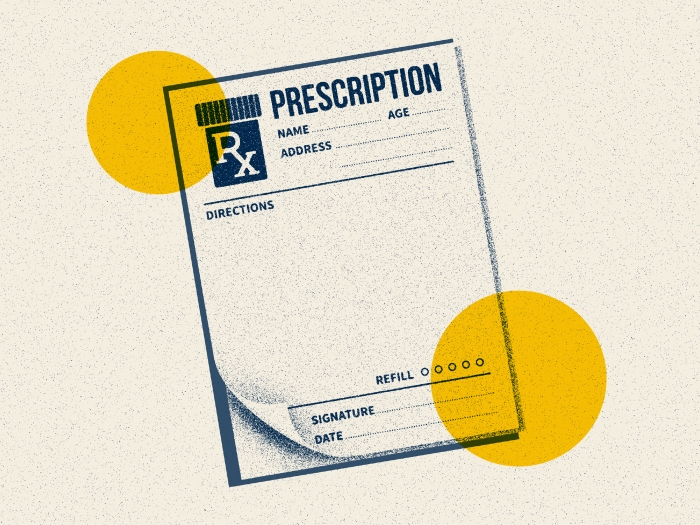U-M Injury Prevention Center compilation of data from state and federal sources will serve as baseline for future studies.
11:00 AM
Author |

Nearly twelve years ago, Michigan voters approved the use of medical cannabis by residents with certain health conditions. A year and a half ago, they voted to approve its use by all adults, for any reason.
What happened between those two dates is the focus of a comprehensive new report just issued by the University of Michigan Injury Prevention Center.
The report documents everything from who's using cannabis in the state for medical and recreational purposes, to downstream effects including motor vehicle crashes, emergency department visits and criminal justice cases. It aims to provide a baseline for future studies on the impact of state-level recreational cannabis legalization that occurred in late 2018, and to inform future policies and public health messaging.
The report includes a wide range of findings compiled from original research and official sources. Some key observations:
-
One in nine Michiganders report using cannabis at least once in the last month, a percentage that increased 60% over a 14-year period.
-
About 3% of all state residents hold a medical cannabis card, nearly all of them for chronic pain.
-
Medical cannabis led to net revenue for the state of $5 million to $7 million a year.
-
One in 30 pregnant Michigan women reported using cannabis; the percentages were higher among those with the lowest incomes and education levels, potentially reflecting disparities.
-
The percentage of fatal motor vehicle crashes in Michigan that involve cannabis is increasing, even as the total rate of fatal crashes decreases. Among drivers tested for cannabis after such crashes, the percent that were positive more than tripled between 2004 and 2017, when 23.4% of tested drivers in fatal crashes had cannabis in their bloodstream at the time of the crash.
-
1.5% of Michiganders experience symptoms of cannabis use disorder.
-
Emergency department visits and hospitalizations related to cannabis poisoning increased recently, with older teens and young adults accounting for a disproportionate share of cases.
-
Cannabis-related misdemeanors and felonies accounted for nearly 4% of convictions in the state's criminal justice system, about half of which occurred at the same time as other felony convictions.
To compile the report, a team headed by Injury Prevention Center faculty Kipling Bohnert, Ph.D. and Erin Bonar, Ph.D., worked with two state agencies -- the Michigan Department of Health and Human Services and the Michigan Department of Licensing and Regulatory Affairs -- and the federal Michigan High Intensity Drug Trafficking Area coalition. The report was funded by the IPC's core funding from the Centers for Disease Control and Prevention.
MORE FROM THE LAB: Subscribe to our weekly newsletter
The researchers also note key areas where more data needs to be generated and shared, including broader biological testing for cannabis among drivers in motor vehicle crashes, additional study of vaping of substances derived from cannabis, workplace issues, societal costs and access to cannabis use disorder treatment.
Members of the project team are also members of the U-M Department of Psychiatry's Addiction Center, the U-M Institute for Healthcare Policy and Innovation and the VA Center for Clinical Management Research.
The authors will hold a Twitter chat about the report on June 24 from 2 p.m. to 3 p.m. ET, using the hashtag #MiMJReport and the Injury Prevention Center's Twitter handle, @UMInjuryCenter.
Questions about the report, and questions for the Twitter chat, may be sent to [email protected].
Paper cited: "Impact of Recreational Cannabis Legalization in Michigan: A Baseline Report," University of Michigan Injury Prevention Center, University of Michigan, Ann Arbor, MI. May 2020
Like Podcasts? Add the Michigan Medicine News Break to your Alexa-enabled device or subscribe for updates on iTunes, Google Play and Stitcher.

Explore a variety of health care news & stories by visiting the Health Lab home page for more articles.

Department of Communication at Michigan Medicine
Want top health & research news weekly? Sign up for Health Lab’s newsletters today!





